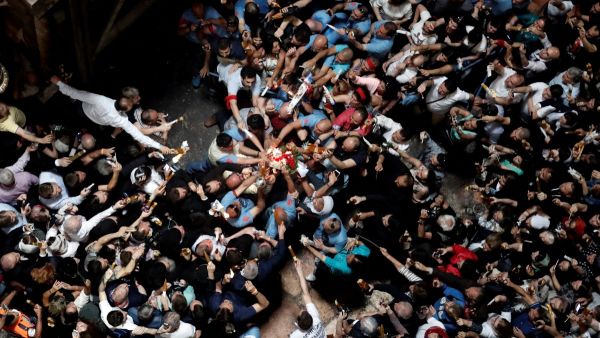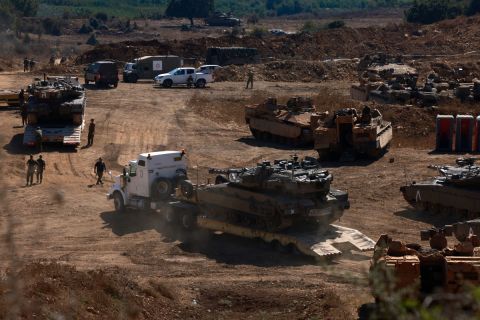ALBAWABA - Israeli society is more divided due to political and social instability and the military confrontation. These divides over the judiciary's role and government tactics against demonstrators have sparked worries that they might lead to civil war.
In a Haaretz piece by David Ohana, who cited Israeli poet Haim Gouri's "I Am a Civil War," he compared today's political atmosphere to the early phases of a civil war. Israeli society is more divided as political groups fight over the country's future, Ohana said.
Ohana says Israeli unity has deteriorated over the last year. Many Israelis worry that government demonstrations might lead to civil disobedience and civil conflict.
Two factions emerged on each side of the conflict: one advocating for substantial democratic reforms in Israel and the other strongly opposing them. He worried that such deep-rooted divisions might lead to violence between these groups.
Ohana further warned that the battle in northern Israel might prompt the government to declare a state of emergency, delaying the 2026 elections and causing violent demonstrations. He noted that civil conflicts typically include civilians with opposing claims to power as well as governments.
Ohana said authoritarian governments grow gradually, citing the American and Spanish civil wars. He linked Israel's political situation to Europe's fascism in the 1920s and 1930s, citing the politicization of Israel's police force and the establishment of West Bank militias.
The writer also noted recent Sde Teman military installation demonstrations as evidence of rising opposition. He compared certain government supporters' rhetoric to Goebbels' Nazi propaganda.
Israel might see bloodshed as Europe did under Nazism, Ohana said. He noted that settlers had burned Arab houses in recent months without government action.
The government might potentially impose emergency legislation and suspend elections during these situations. Ohana worried that liberal Israelis would resist such acts, worrying that the nation would replicate the errors of early European fascist governments.
Despite these dire predictions, Ohana found a feeling of fraternity among Israelis, indicating that this shared identity may avoid a civil war. However, he warned that the country's growing military might and conflict may make it a "barracks state."
Ohana warned that the Israeli government's reliance on "total victory" in military engagements, despite heavy casualties, may repeat history. He contrasted this to 1933 Germany, when the government promoted combat despite loss.









![Poster of Layl series, which is taken from "Safirin Kizi" [The Ambassador's Daughter] Layl, Safirin Kizi](/sites/default/files/styles/d02_traditional/public/2025-12/6751946_1766213184.jpg?h=d18f17b4&itok=-D5UPNfC)
